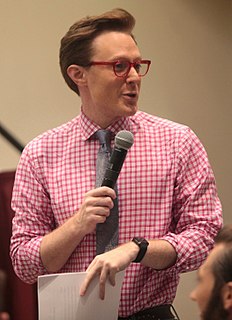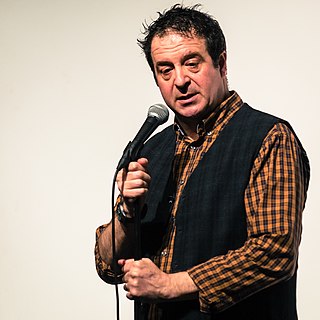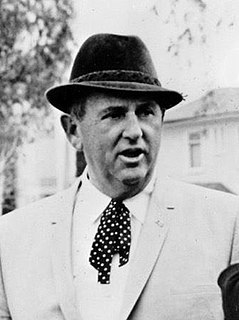A Quote by Noam Chomsky
While I think in principle people should not have irrational beliefs, I should say that as a matter of fact, it is people who hold what I regard as completely irrational beliefs who are among the most effective moral actors in the world, in many respects. They're among the worst, but also among the best, even though the moral beliefs are ostensibly the same.
Related Quotes
People come to have different moral beliefs because they have different non-moral beliefs about relevant facts. People are disposed to believe whatever justifies the practices and institutions that benefit them. But I argue that not all moral differences can be explained away in such a fashion. Some of the most profound disagreements come from differences in priority assigned to values such as relationship and community on the one hand, and individual rights and personal autonomy for the individual, on the other hand.
I think there is a predisposition among Christians that Hollywood is anti-Jesus or anti-Christianity. I was warned I'd have to fight to maintain the freedom to express my beliefs. It's an unfair stereotype, and so far that's been the farthest from the truth. While everyone I work with may not share my beliefs, I have been surrounded by nothing but support.
Their usual mistaken premise is that they affirm some consensus among people, at least among tame peoples, concerning certain moral principles, and then conclude that these principles must be unconditionally binding also for you and me-or conversely, they see that among different peoples moral valuations are necessarily different and infer from this that no morality is binding-both of which are equally childish.
There is a place in this world for satire, but there is a time when satire ends and intolerance and bigotry towards religious beliefs of others begins. Religious beliefs are sacred to people and at all times should be respected and honored. As a civil rights activist of the past 40 years, I cannot support a show that disrespects those beliefs and practices.
The birth of excellence begins with our awareness that our beliefs are a choice. We usually don't think of it that way, but belief can be a conscious choice. You can choose beliefs that limit you, or you can choose beliefs that support you. The trick is to choose the beliefs that are conducive to success and the results you want and to discard the ones that hold you back.





































